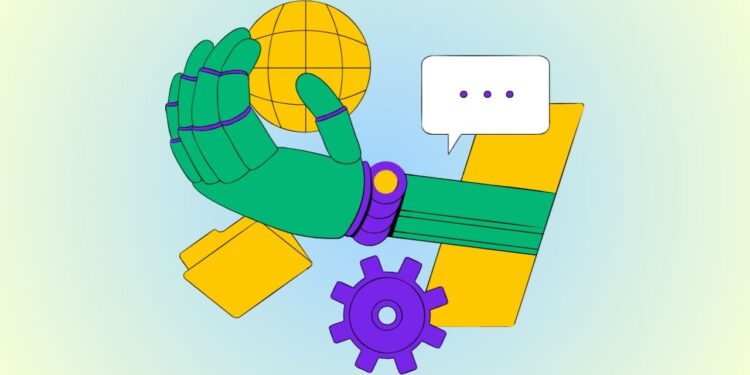Recent survey results published by Dropbox suggest that merely returning to the office won’t resolve productivity concerns that many business leaders have when asked about maintaining flexible work environments. Instead, as an analysis of the data published by Unleash.ai highlights, the emphasis should be on how employees work, not where they work.
If distractions at work are addressed correctly, employers could see a 40% surge in economic output, according to DropBox.
The survey, which was conducted in conjunction with Economist Impact, involved 1,000 global knowledge workers and revealed that constant email and message notifications, coupled with excessive meetings, are negatively impacting employees’ focus. 42% of respondents claimed they can’t sustain more than an hour of uninterrupted productive work. This is largely because 63% felt the need to be constantly available.
By addressing these challenges in the U.S., it could save $31,000 per worker annually — amounting to $360 billion nationwide. The broader global economic implications of lost focus at work are even more staggering. According to DropBox, by addressing distractions, the U.S. could boost its economic output by an impressive $1.4 trillion, Japan by $732 billion, Germany by $304 billion, the U.K. by $197 billion, and Korea by $196 billion.
Interestingly, while technology is often the source of these distractions, it can also be the solution. Dropbox’s report points to the potential of artificial intelligence (AI) in enhancing productivity. In fact, the majority of those surveyed (86%) believed that AI and automation could enhance their job performance without jeopardizing their roles.
Many respondents saw AI’s potential in automating repetitive tasks (40%) and aiding in organizing and summarizing information (30%). Additionally, 79% of those using AI tools reported increased productivity, with many noting improved work quality and organization.
The future of productivity and collaboration will more than likely be less about physical location and more about leveraging technology effectively. As Dropbox aptly puts it, “a more enlightened way of working is also a less distracted way of working.”
AI technologies and tools continue to develop at a rapid rate, and it’s clear that its influence in shaping how people work will only grow. These technologies will likely offer solutions to many productivity challenges in the coming years.















